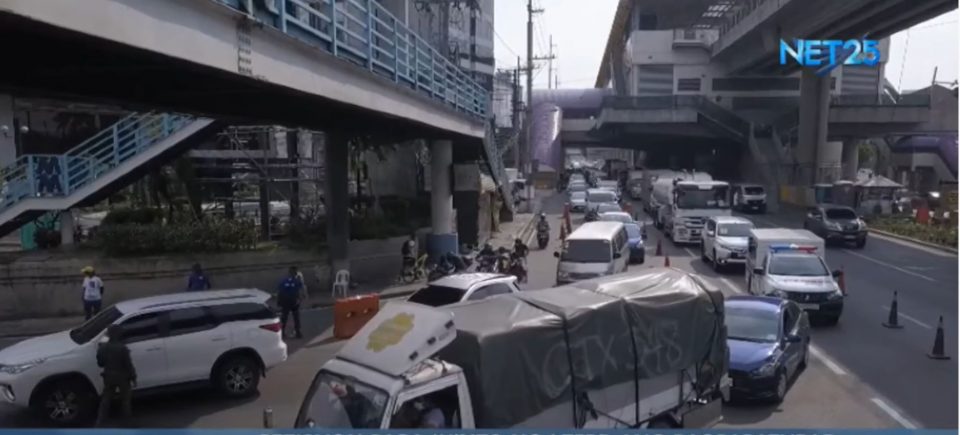
(Eagle News) – Malacanang said that public transport will again be available in Metro Manila and other areas under General Community Quarantine (GCQ).
Railways and various public utility vehicles to include UV express units, taxis, buses and modern as well as traditional public utility jeepneys (PUJs) can ply in routes allowed by the Land Transportation and Franchising Regulatory Board (LTFRB).
“Pinapayagan na po ang pampublikong transportasyon basta po mayroong social distancing“, said Presidential Spokesperson Harry Roque.
But commuters are reminded that the “No face mask and no face shield, no ride” policy will be strictly enforced in all sectors of public transportation —Road, Railways, Maritime and Aviation, according to the Department of Transportation.
“Strict physical distancing will also be implemented onboard public utility vehicles, terminals, in rail line facilities and aboard trains to prevent the transmission of COVID-19,” the DOTr said.
“Passengers must follow the marking in PUV terminals, stations and onboard PUVs and trains. Train marshals and law enforcers will guide and ensure that the protocols are being observed,” it said.
-PUJs back in 126 routes-
For traditional PUJs, the LTFRB has allowed the operation of additional 4,498 units in 60 routes. This is on top of the 7,945 authorized units in 66 routes as of July 29, and thus brings the total number of authorized traditional PUJs to 12,443 in 126 routes, according to the Department of Transportation.
An additional 4 routes with 641 units have been authorized for UV Express, which totals to 1,621 the number of authorized UVEs in 51 routes to hit the Metro streets with the enforcement of GCQ.
“There will also be 3,662 public utility buses (PUBs) that will help ferry commuters in 31 routes across Metro Manila,” the DOTr said.
In addition, 716 modern public utility jeepneys (PUJs) will be operating in 45 routes; 364 units for Point-to-Point (P2P) buses in 33 routes; 20,493 taxis will be available to transport passengers; and 23,776 transport network vehicle service (TNVS) units will ply the Metro.
But the DOTr reminded the public on the minimum health and safety protocols that should be followed in public transport.
Aside from wearing of face masks and social distancing, commuters are also encouraged to practice regular sanitation and disinfection procedures, using footbaths, available wash stations and hand sanitation supplies.
“Further, passengers will also have to accomplish contact tracing and health declaration forms before entering the rail stations and terminals,” it said.
(Eagle News Service)








